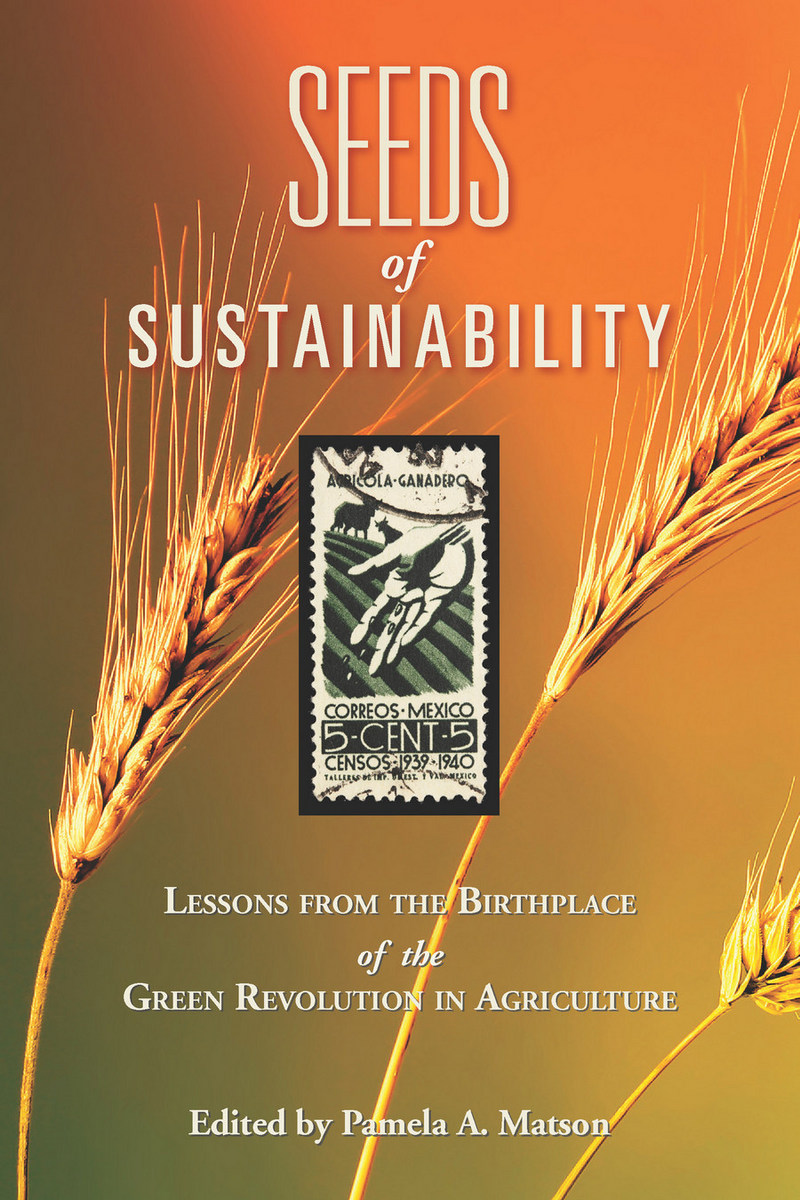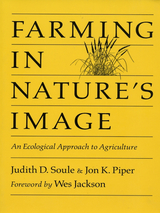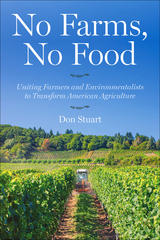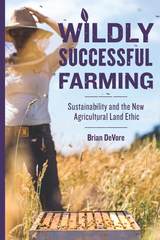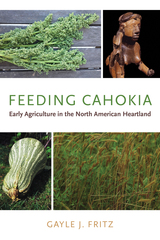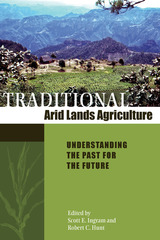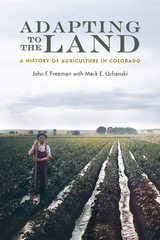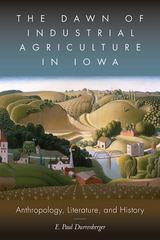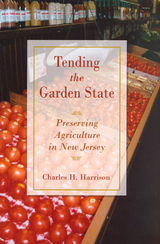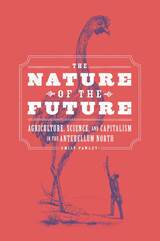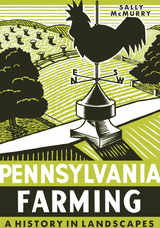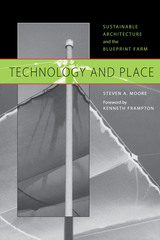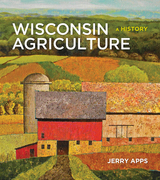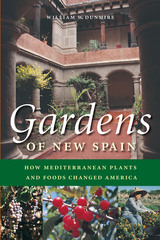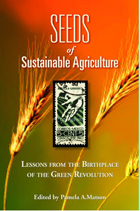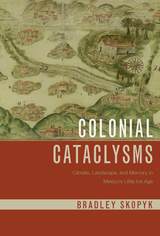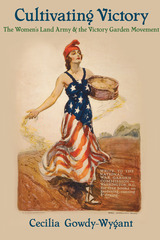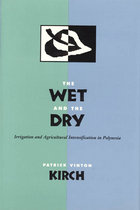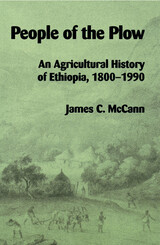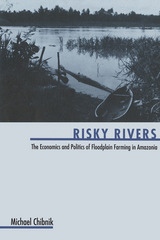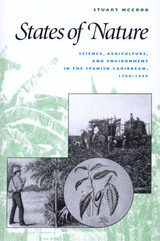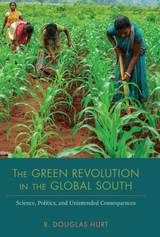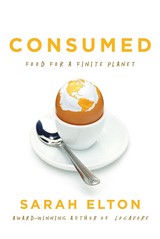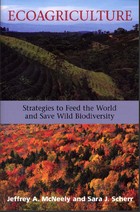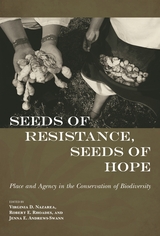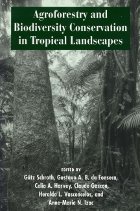Seeds of Sustainability: Lessons from the Birthplace of the Green Revolution in Agriculture
Island Press, 2012
Paper: 978-1-59726-525-6 | eISBN: 978-1-61091-177-1 | Cloth: 978-1-59726-522-5
Library of Congress Classification S451.7.S44 2011
Dewey Decimal Classification 631.58097217
Paper: 978-1-59726-525-6 | eISBN: 978-1-61091-177-1 | Cloth: 978-1-59726-522-5
Library of Congress Classification S451.7.S44 2011
Dewey Decimal Classification 631.58097217
ABOUT THIS BOOK | AUTHOR BIOGRAPHY | REVIEWS | TOC | REQUEST ACCESSIBLE FILE
ABOUT THIS BOOK
Seeds of Sustainability is a groundbreaking analysis of agricultural development and transitions toward more sustainable management in one region. An invaluable resource for researchers, policymakers, and students alike, it examines new approaches to make agricultural landscapes healthier for both the environment and people.
The Yaqui Valley is the birthplace of the Green Revolution and one of the most intensive agricultural regions of the world, using irrigation, fertilizers, and other technologies to produce some of the highest yields of wheat anywhere. It also faces resource limitations, threats to human health, and rapidly changing economic conditions. In short, the Yaqui Valley represents the challenge of modern agriculture: how to maintain livelihoods and increase food production while protecting the environment.
Renowned scientist Pamela Matson and colleagues from leading institutions in the U.S. and Mexico spent fifteen years in the Yaqui Valley in Sonora, Mexico addressing this challenge. Seeds of Sustainability represents the culmination of their research, providing unparalleled information about the causes and consequences of current agricultural methods. Even more importantly, it shows how knowledge can translate into better practices, not just in the Yaqui Valley, but throughout the world.
The Yaqui Valley is the birthplace of the Green Revolution and one of the most intensive agricultural regions of the world, using irrigation, fertilizers, and other technologies to produce some of the highest yields of wheat anywhere. It also faces resource limitations, threats to human health, and rapidly changing economic conditions. In short, the Yaqui Valley represents the challenge of modern agriculture: how to maintain livelihoods and increase food production while protecting the environment.
Renowned scientist Pamela Matson and colleagues from leading institutions in the U.S. and Mexico spent fifteen years in the Yaqui Valley in Sonora, Mexico addressing this challenge. Seeds of Sustainability represents the culmination of their research, providing unparalleled information about the causes and consequences of current agricultural methods. Even more importantly, it shows how knowledge can translate into better practices, not just in the Yaqui Valley, but throughout the world.
See other books on: Green Revolution | Lessons | Seeds | Sustainability | Sustainable agriculture
See other titles from Island Press
